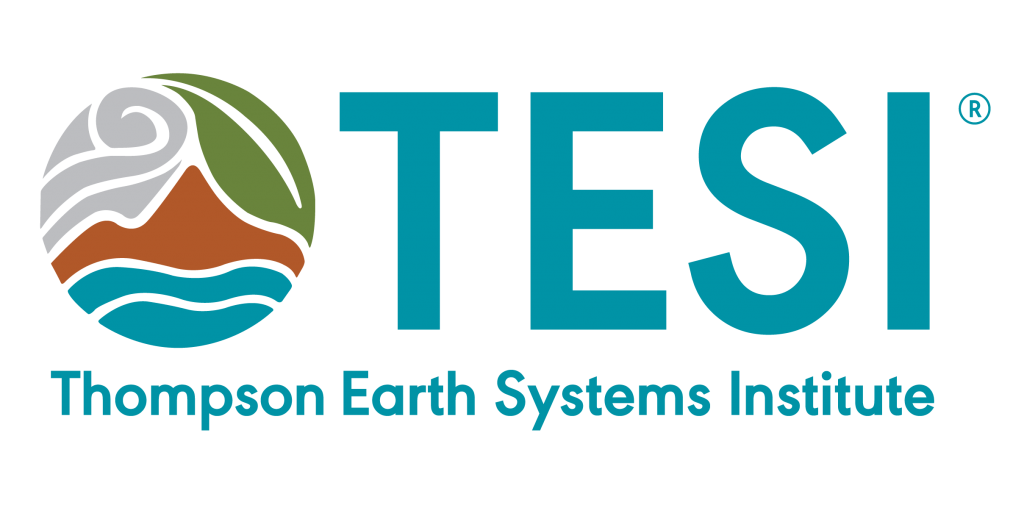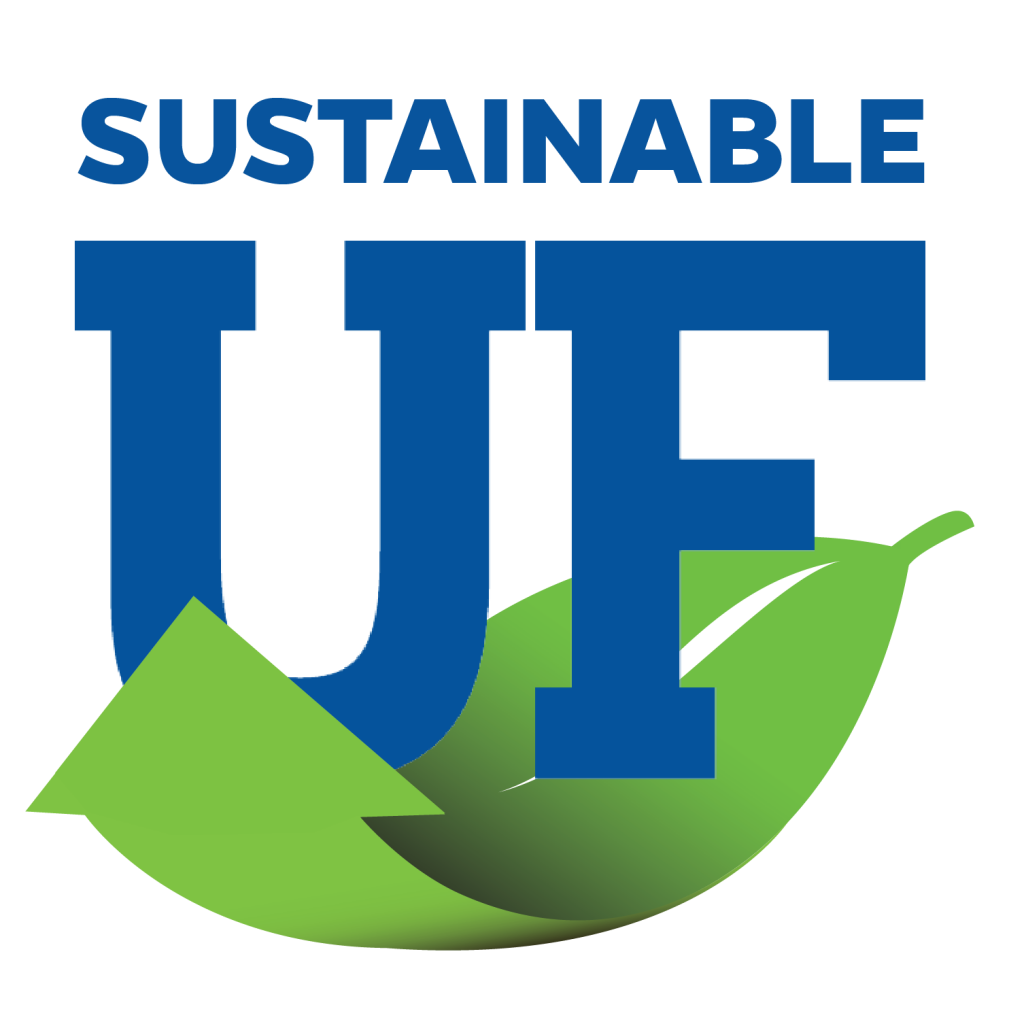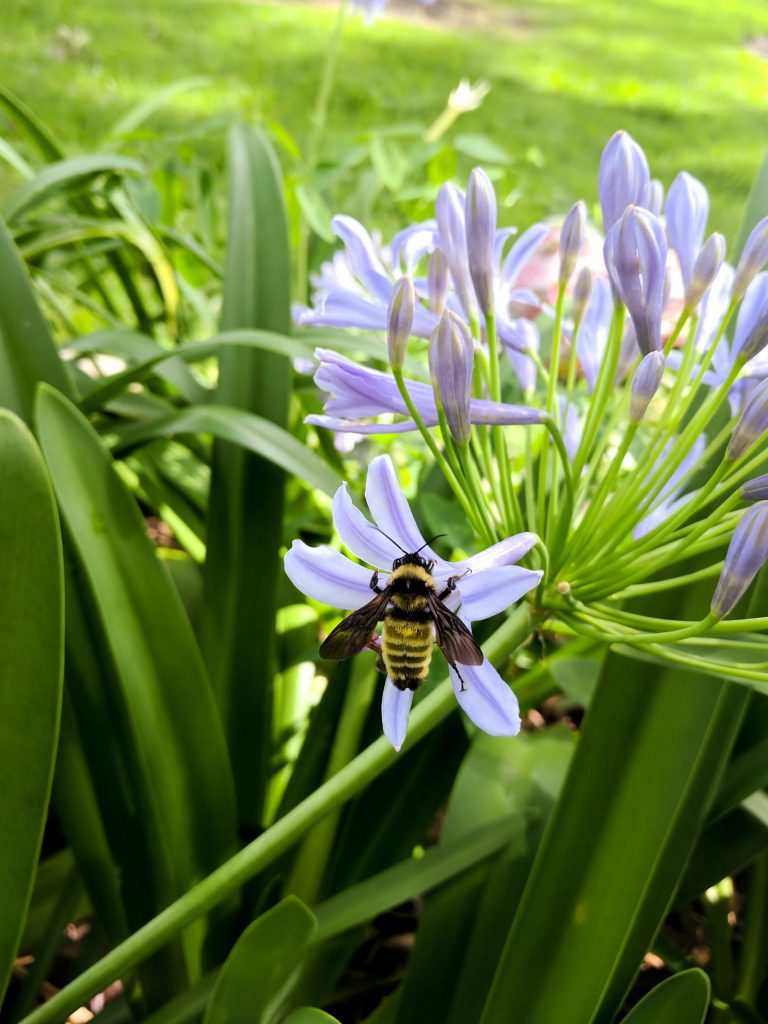

May 2021
Written by Hannah Ulloa
In collaboration with the UF Thompson Earth Systems Institute.
Hello! Hannah Ulloa here, Communications Coordinator for the UF Office of Sustainability, nature enthusiast and avid gardener. I, like so many people over the past year, recently turned to gardening as an activity I can do safely while practicing social-distancing. In exploring this, I’ve learned about the numerous physical and mental benefits of gardening, for myself AND for local ecosystems! Pollinator gardens are a perfect example of this – creating beautiful garden solutions while providing basic food and habitat for vital pollinators such as bees and butterflies.
Whether you’re new to gardening or a practiced planter, jump into summer with me and Sustainable UF for the May Action of the Month: Plant a native pollinator garden!
Benefits of Getting Your Hands Dirty
Did you know that some studies have shown that interacting with soil can lead to the production of serotonin in the brain? Before we get into the specific benefits of pollinator gardens, let’s look at this and some of the other physical and mental benefits of gardening:
- Studies conducted with laboratory mice and human cancer patients have shown that exposure to Mycobacterium vaccae (a “friendly” soil microbe) activates the production of serotonin, effectively causing a response similar to antidepressants.
- As we discussed in the April Action of the Month, connecting with nature, including getting outside to garden, can have significant physical benefits such as reduced risk of heart disease, diabetes and reduced stress levels.
- Gardening can be a low-impact form of exercise while still using your whole body, helping to build strength and mobility.
- Research may suggest that gardening as a form of physical exercise can help improve brain nerve growth and potentially protect your memory as you age!
These are just some of the ways that gardening is good for physical and mental wellbeing. Read on to learn more about how native pollinator gardens are beneficial for the environment and wildlife as well!
About the Birds and the Bees…and the Butterflies!
What are pollinators?
Pollinators are animals that carry pollen between flowers or between plants, leading to fertilization and successful seed and fruit production. According to several studies, over 75% of flowering plants, including a significant portion of the world’s food crops, need the help of pollinators. While many think of bees first, pollinators also include butterflies, moths, hummingbirds, bats and many other animals.
Recent research has shown a drop in pollinator numbers, especially bees, due to increased use of horticultural chemicals like pesticides and decreases in native habitat. Many groups, such as the North American Pollinator Protection Campaign, suggest planting native pollinator gardens as a way to support healthy ecosystems in our own backyards and beyond.
Learn more from the California Academy of Science on the importance of pollinators and how we can support them:
Did You Know? The UF Honey Bee Research Lab hosts Bee College trainings & resources ! Learn more here: http://entnemdept.ufl.edu/honey-bee/extension/events-and-activities/bee-college/
Planting a pollinator garden
Pollinator gardens support mutually beneficial relationships between plants and a variety of animals. While they can vary based on your location and size of space, there are some key principles to keep in mind before planting your garden:
- Plant a diverse mix of flowering annuals, perennials and shrubs to provide pollen and nectar! Try to have plants that flower in different seasons to support pollinators year-round. You can also incorporate “host plants” that support the growth of butterfly caterpillars.
- Strive to focus on native plants whenever possible! Native pollinators are most attracted and adapted to native plants.
- Provide opportunities for shelter and nesting. Many bee species native to Florida actually nest in dead wood, leaf debris, or in ground burrows instead of hives. It’s best to leave some open space or even a little leaf mess for these homey bees!
- Create flower “billboards”! Recent research by UF scientists shows insects are more attracted to large blocks of color created by grouping plants of the same species.
- Provide access to fresh water through a dish or bird bath. Change often to avoid mosquito habitat.
- Avoid using pesticides and consider using Integrative Pest Management Practices instead.

These key principles help gardeners at all experience levels to create a garden that not only supports native pollinators, but is also relatively easy to maintain! As a non-expert gardener myself, I have found that planting native flowering plants means that they are often better adapted to the soil and sun in my area and tend to need less water and maintenance.
To find out more about plants native to your area that support pollinators, I recommend the Ecoregional Plant Guide tool hosted by Pollinator Partnership. Just enter your zip code and access an incredibly detailed guide for choosing plants and supporting pollinators in your area.
Additionally, the UF IFAS/Extension offices across the state of Florida provide a plethora of resources related to native plant selection and gardening. If you’re just starting your gardening journey and want to learn about native gardening basics or native plants, visit the UF/IFAS Gardening Solutions or contact your local extension office!
Growing Your Impact
Planting a pollinator garden has many clear benefits for your health and wellbeing, as well as for the overall protection of our environment, our food resources, and our future. We hope this article gives you the foundation and confidence to start your own native pollinator garden, big or small. (Looking to start a pollinator garden in a small space? Check out these tips)
For more resources and information about how you can contribute to a more sustainable campus and beyond, follow the UF Office of Sustainability on Facebook, IG, Twitter & TikTok (@SustainableUF).
To learn more about insect decline and how you can help, visit the Insect Effect web resources created by UF Thompson Earth Systems Institute (@UFEarthSystems on Facebook, Twitter & Instagram).
